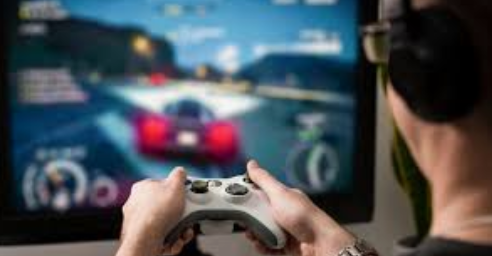For many people around the world, it’s been at least a month since mandatory stay-at-home orders were issued because of a novel coronavirus pandemic.
Life changed radically as social distancing became the norm. Though keeping away from others is for the safety of all, social isolation can harm a person’s well-being.
Dr. Sha-Rhonda Green, assistant professor of social work at The University of Alabama and a licensed mental health therapist for the last 19 years, said there’s a big difference between self-imposed social isolation and the mandated isolation happening now.
“In these times a lot of people are lonely and trying to navigate their finances and resources and need human connection, which is a part of our human well-being,” Green said. “It’s not just reaching out to people over the internet or video, it’s the quality of social connections of the chosen social connections that matters.”
Green said involuntary social isolation magnifies loneliness because the isolation is out of the person’s control. This can further trigger and tax a person’s emotional well-being.
“According to Darwin’s “Origin of Species,” it is not the most intellectual of the species that survives, it is not the strongest that survives, but the species that survives is the one that is able best to adapt and adjust to the changing environment in which it finds itself,” she said.
Green said, according to Leon C. Megginson’s “Civilisation Past and Present,” struggling to adapt to social isolation can contribute to poor sleep, obesity, depression, cognitive decline, poor cardiovascular function and a lowered immunity system. Sunshine, fresh air, vitamin D and the endorphins released from movement can help counter the impact of social isolation.
“Also, symptoms of mental illness can be further exacerbated by social isolation,” Green said.
Additionally, risk factors of suicide increase when people are socially disconnected.
Green said adolescents can struggle with social isolation. Peer groups are an important aspect of adolescent growth and development as well as their ability to feel connected and form community.
As adolescents’ brains change, interaction with external groups outside of their families also support the development of their identity, logical thinking, morality and career aspirations, she said. Having only feedback from their families in the vacuums of their homes can influence development as well.
“Adolescence does not end at 18, but really at about 23,” she said. “When at school, adolescents also had distance from their parents and they could rely on themselves and friends to navigate situations. They had the space to do that. Now, not so much.”
Some of the ways to help alleviate the detrimental effects of social isolation while under mandated quarantine orders include staying active, turning off the TV and helping others negatively impacted by isolation.
University of Alabama in Tuscaloosa


